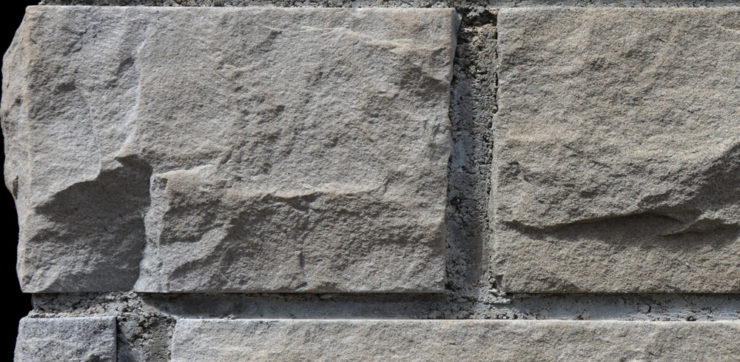If King David did not write Psalm 118, a contemporary of David’s did. What Psalm 118 speaks of was not to be fulfilled until a thousand years later. If you leave it in the time and place of the psalms, it, admittedly, is very obscure, in fact, downright puzzling. Here is what it says…Psalm 118, verse 22, “The stone which the builders rejected has become the chief cornerstone.” Well, what does that mean? And whatever could this indigmatic expression have to do with the coming Messiah? Frankly, we are at a loss to comprehend it, until, that is, the Messiah arrives on the scene. Its fulfillment gives lucid understanding to this prophecy that could not be understood by the Jews.
Matthew 21 sheds profuse rays of light on what the psalmist said a thousand years earlier. Christ Himself referred to it and pointed to Himself as the fulfillment of it. But what is this about a stone? The context makes it clear that the stone in question is rooted in the idea of a building stone. Virtually every building in Israel was made of stone, limestone in particular, and stone masonry was a common occupation. Stones, or huge building blocks, were cut out of the nearby quarry by the masons. The law of Moses would not allow the stones to be chiseled or prepared at the job site of the temple that Herod, then, had under construction. The stones had to be individually measured and cut to specifications at the quarry, then transported to the building site. On its arrival at the site, it would be thoroughly measured and checked over by a priest acting as a job foreman. If because of an error in calculation or size the priest did not find the stone to be what was supposed to be in measurement or appearance, he would stamp it “rejected”, unacceptable to be placed as a stone into the building. Do you see this? It is exactly what Christ is saying about the treatment He received from the officials in charge of examining the stones sent to them. Christ was saying, “The religious establishment, the builders, examined Me, their Messiah, and pronounced Me unacceptable, rejected.”
Clearly, Jesus of Nazareth, though He was Israel’s long-awaited Messiah, was not accepted as such when He showed up in fulfillment of so many prophecies. This is merely one more of them. Yet, despite their pronouncement of Jesus as being unacceptable, He was nonetheless far more than merely one more stone. He was the Cornerstone, the most important and critical of all stones in the building. While Jesus of Nazareth did not measure up to the estimation of what the religious establishment thought the Messiah should be, He superbly measured up to His Father’s standards. And one day, Israel will recognize the One they rejected and will embrace Him. The Stone which the builders rejected, the same has become the head of the corner.
CC-03-17


Published by